
The magic of the winter holiday season is upon us, bringing with it a time for celebration, reflection, and connection with loved ones. While many of us are familiar with Christmas, there are numerous other winter holidays observed around the world, each with its own unique traditions and customs. In this article, we'll delve into the fascinating world of winter holidays, exploring the history, cultural significance, and ways to celebrate a mix of these special days.
The Winter Holiday Season: A Time for Celebration
The winter holiday season, which typically spans from late November to early January, is a period of joy, giving, and togetherness. It's a time when people come together with family and friends to share in festive traditions, exchange gifts, and make merry. While Christmas is one of the most widely observed winter holidays, there are many other celebrations that take place during this time, each with its own distinct character.
Let's take a look at some of the most popular winter holidays:
- Christmas (December 25): A holiday commemorating the birth of Jesus Christ, observed by Christians around the world.
- Hanukkah (usually in December): A Jewish holiday celebrating the rededication of the Temple in Jerusalem during the Maccabean Revolt.
- Kwanzaa (December 26 to January 1): A week-long celebration honoring African American culture and heritage.
- Winter Solstice (December 21 or 22): A pagan holiday marking the shortest day of the year and the beginning of the sun's journey back towards the equator.
- Omisoka (December 31): A Japanese holiday celebrating the end of the year and the beginning of the new year.
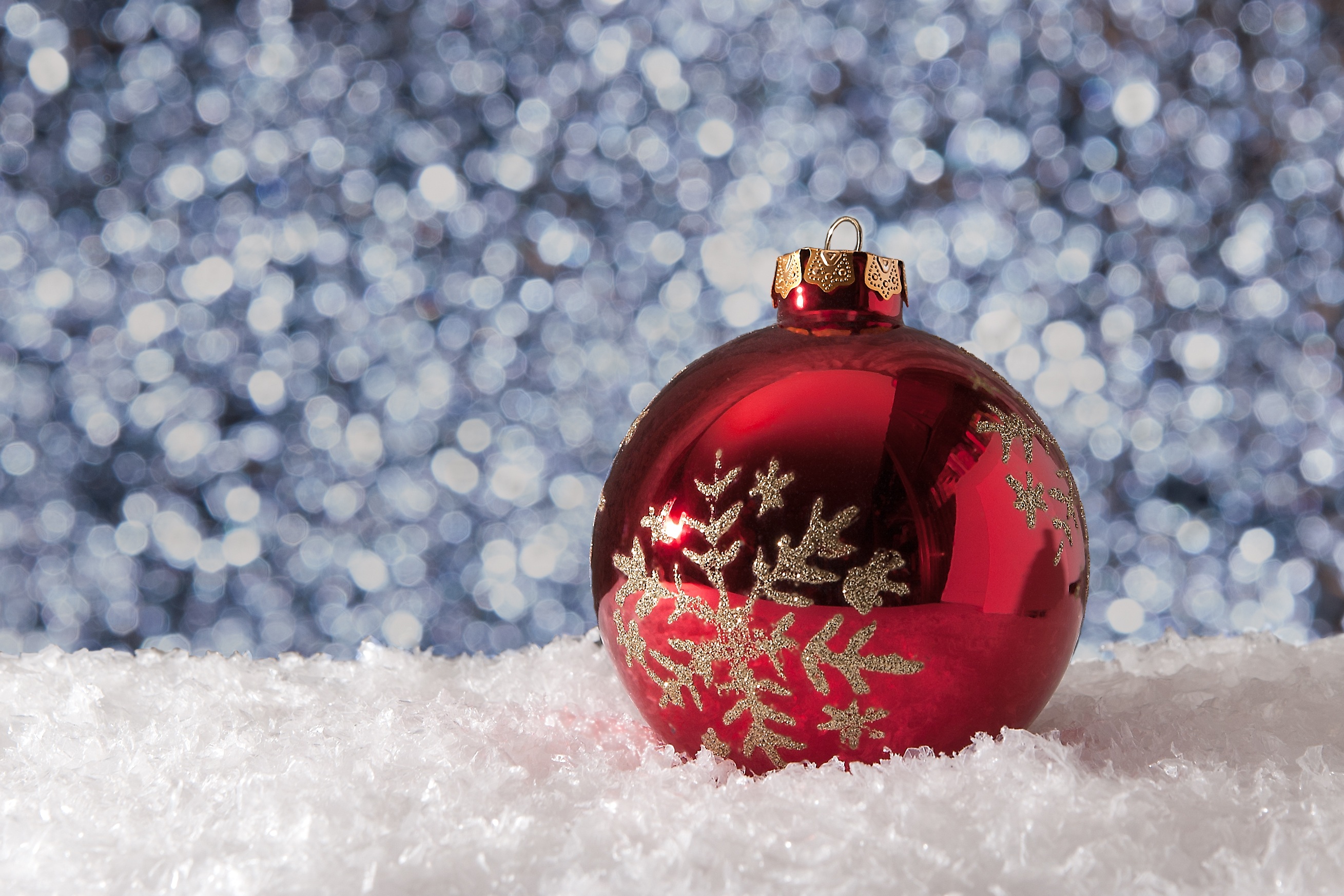
A Brief History of Winter Holidays
The origins of winter holidays date back to ancient times, when people celebrated the changing of the seasons and the return of the sun. Many of these early festivals were tied to agricultural cycles and the solstices, which marked important turning points in the year.
For example, the ancient Romans celebrated Saturnalia in December, a festival honoring the god Saturn and the winter solstice. Similarly, the Germanic peoples of Northern Europe observed Yule, a midwinter festival marking the longest night of the year.
As Christianity spread throughout Europe, Christmas became a major winter holiday, incorporating many of the existing pagan traditions and customs. Today, winter holidays are celebrated by people of diverse backgrounds and faiths, each with their own unique twist and cultural significance.
Cultural Significance of Winter Holidays
Winter holidays hold immense cultural significance, serving as a time for community, reflection, and celebration. They provide an opportunity for people to come together, share in traditions, and connect with their heritage.
For many, winter holidays are a time for:
- Family gatherings and reunions
- Gift-giving and acts of kindness
- Reflecting on the past year and setting intentions for the new year
- Observing cultural and religious traditions
- Enjoying festive foods, music, and decorations

Celebrating a Mix of Winter Holidays
With so many wonderful winter holidays to choose from, why not celebrate a mix of them? Here are some ideas for incorporating multiple winter holidays into your celebrations:
- Host a holiday mashup party, featuring traditions and foods from different cultures.
- Create a winter holiday calendar, highlighting the unique celebrations and customs of each holiday.
- Try new recipes and dishes from around the world, inspired by different winter holidays.
- Attend cultural events and festivals, showcasing the diversity of winter holidays.
- Incorporate elements of different winter holidays into your daily life, such as practicing mindfulness during the winter solstice or exchanging gifts during Hanukkah.
Tips for a Joyful Winter Holiday Season
As you celebrate the winter holiday season, remember to:
- Be respectful and inclusive of different cultures and traditions.
- Take time to reflect on the past year and set intentions for the new year.
- Practice kindness and generosity, both within your community and beyond.
- Enjoy the festive atmosphere and take time to relax and recharge.
- Connect with loved ones and create meaningful memories.
Winter Holiday Traditions from Around the World
Let's take a closer look at some of the unique winter holiday traditions from around the world:
Christmas in Germany
In Germany, Christmas is a time for festive markets, traditional foods, and decorations. The Christmas tree, a beloved symbol of the holiday, is typically decorated with candles, ornaments, and tinsel.
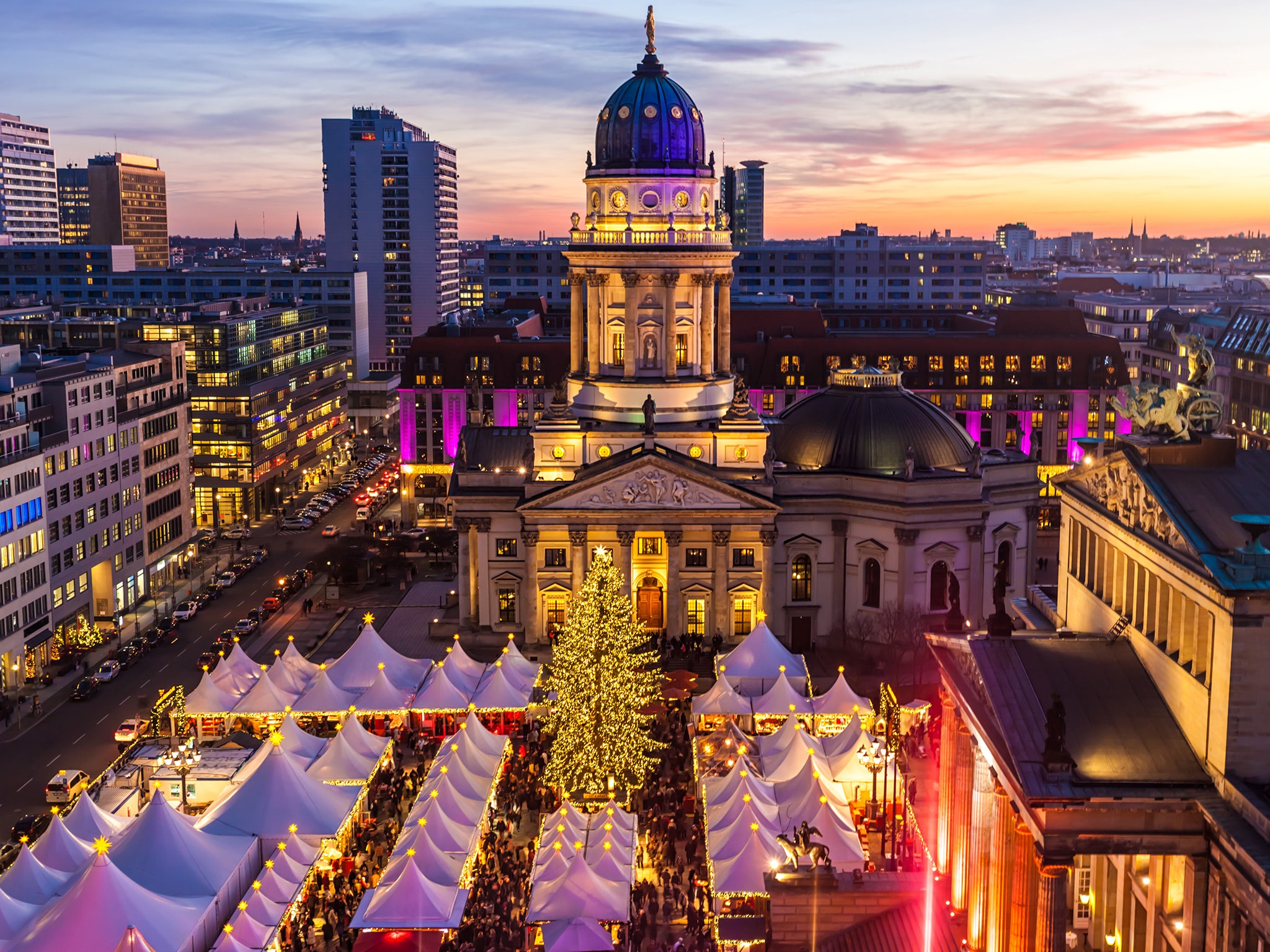
Hanukkah in Israel
In Israel, Hanukkah is a time for celebration and reflection. The holiday is marked by the lighting of the menorah, traditional foods such as latkes and sufganiyot, and gift-giving.

Kwanzaa in the United States
In the United States, Kwanzaa is a time for celebration and reflection, honoring African American culture and heritage. The holiday is marked by the lighting of the kinara, traditional foods such as jollof rice and collard greens, and gift-giving.
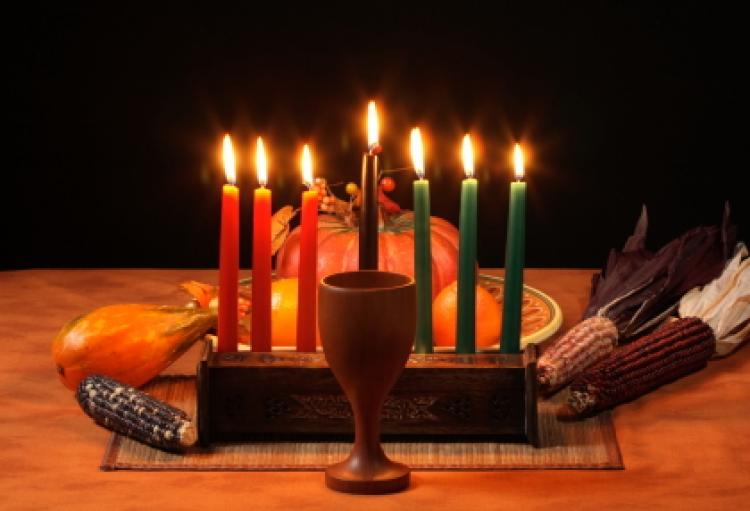
Winter Holiday Recipes from Around the World
Let's take a look at some delicious winter holiday recipes from around the world:
German Christmas Cookies
These traditional German Christmas cookies, known as Lebkuchen, are a classic winter holiday treat. Made with honey, spices, and nuts, they're perfect for snacking and gift-giving.
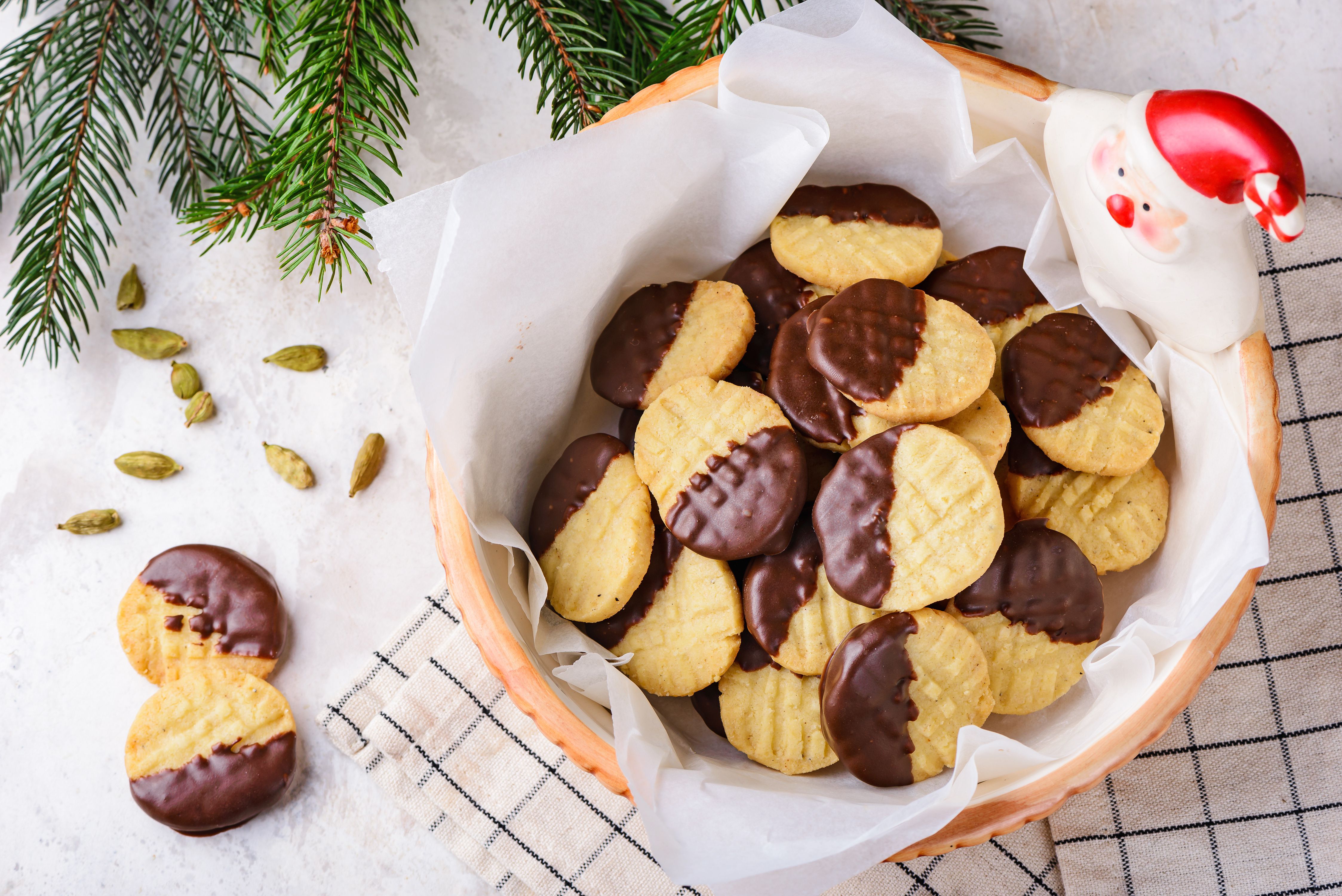
Israeli Hanukkah Latkes
These crispy, golden latkes are a beloved Hanukkah tradition in Israel. Made with potatoes, onions, and eggs, they're perfect for snacking and serving with applesauce or sour cream.

African American Kwanzaa Jollof Rice
This flavorful and aromatic jollof rice is a staple of Kwanzaa celebrations in the United States. Made with tomatoes, onions, and spices, it's perfect for serving alongside collard greens and fried chicken.
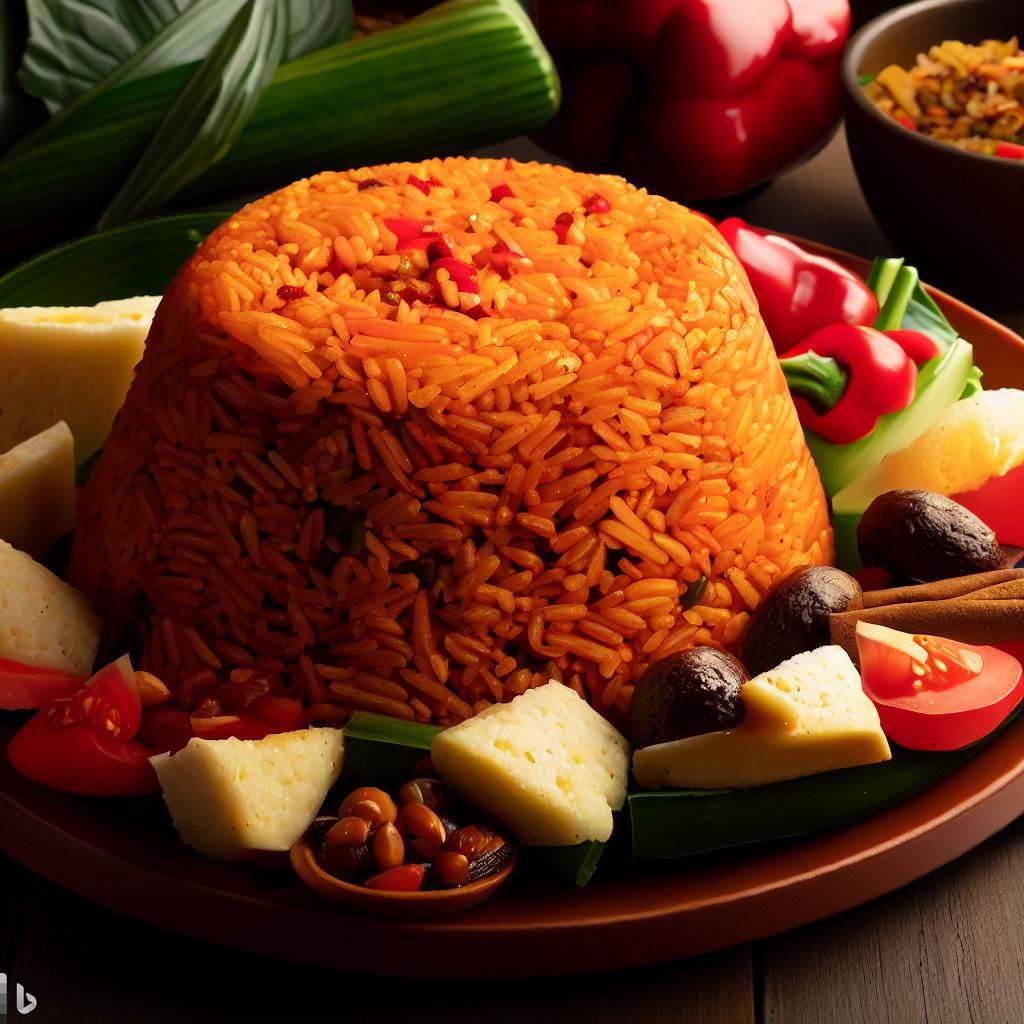
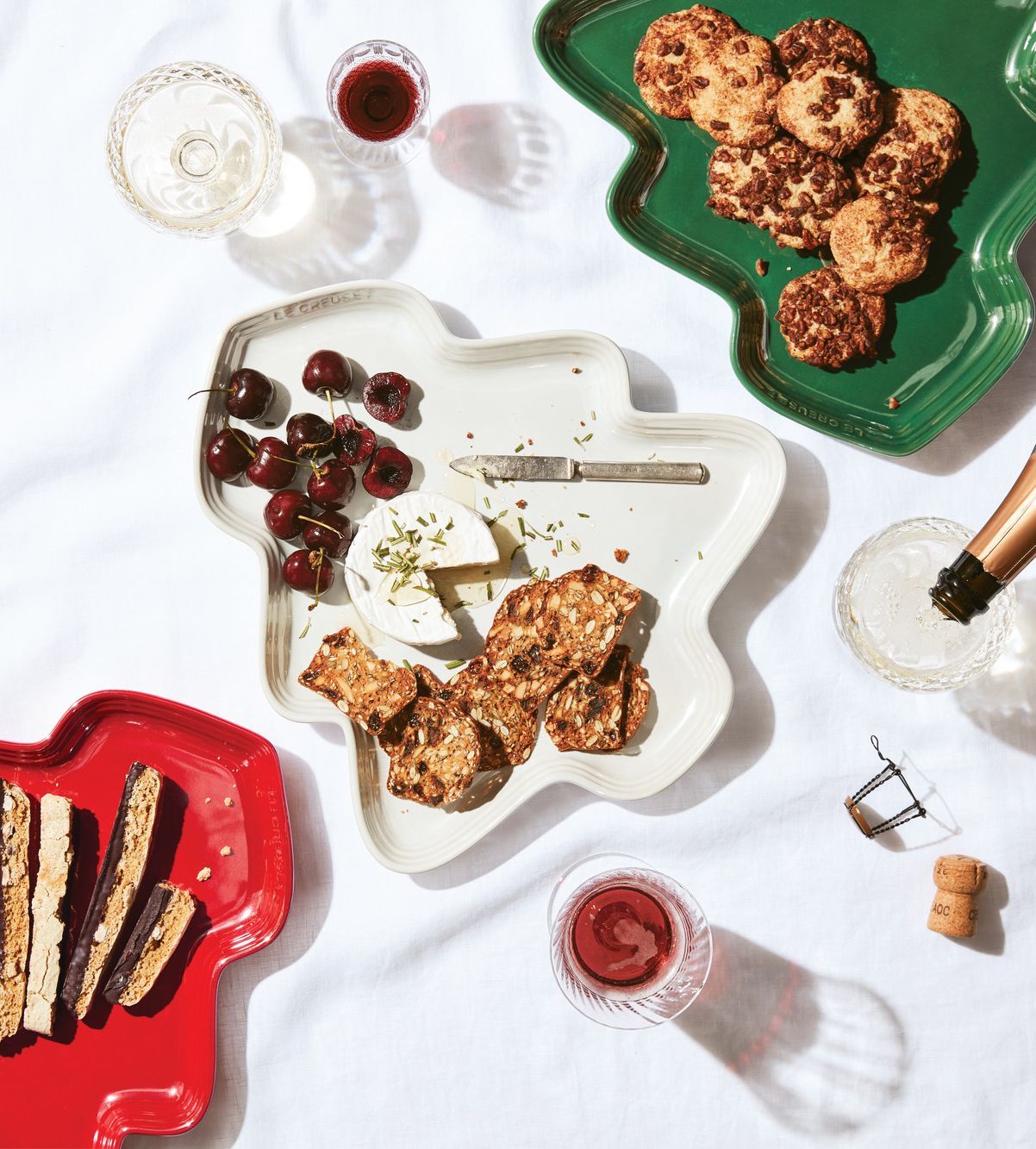
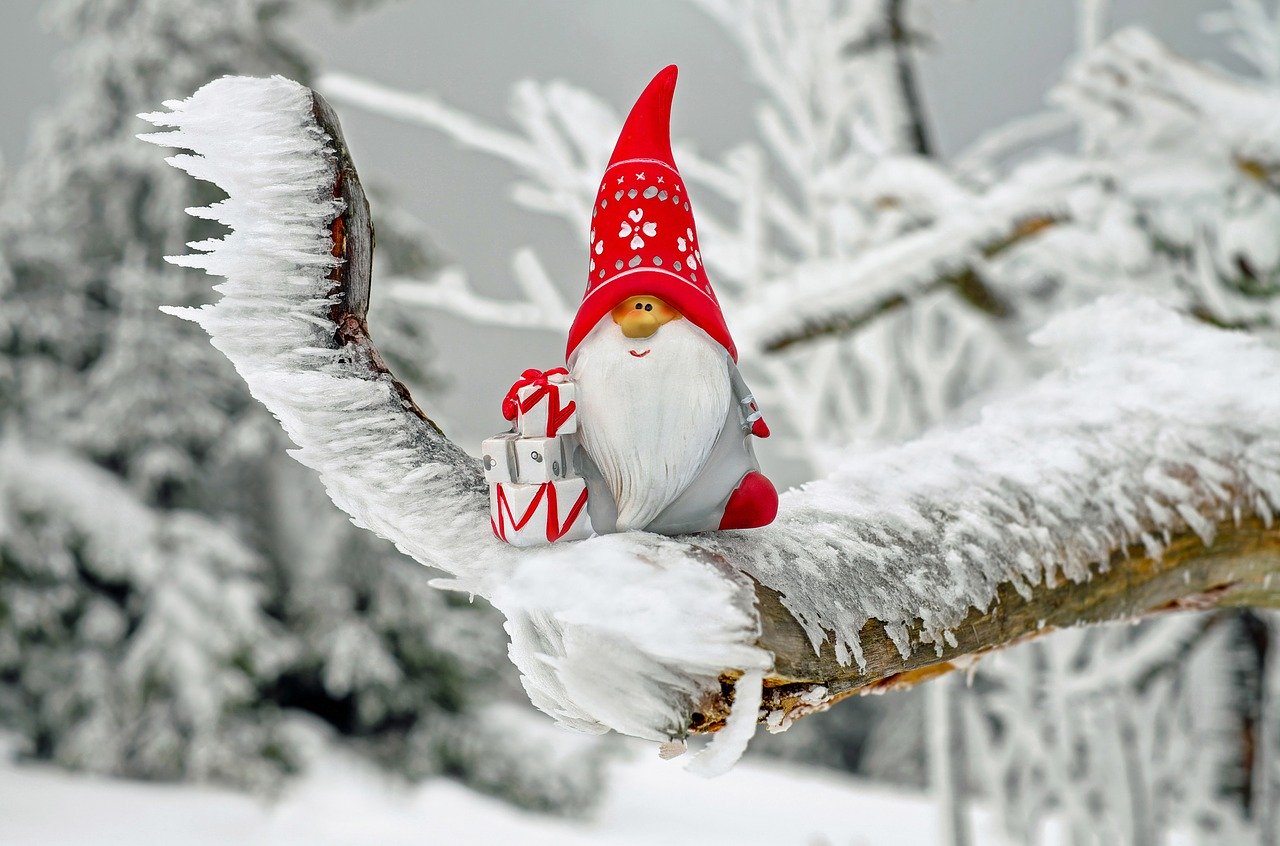
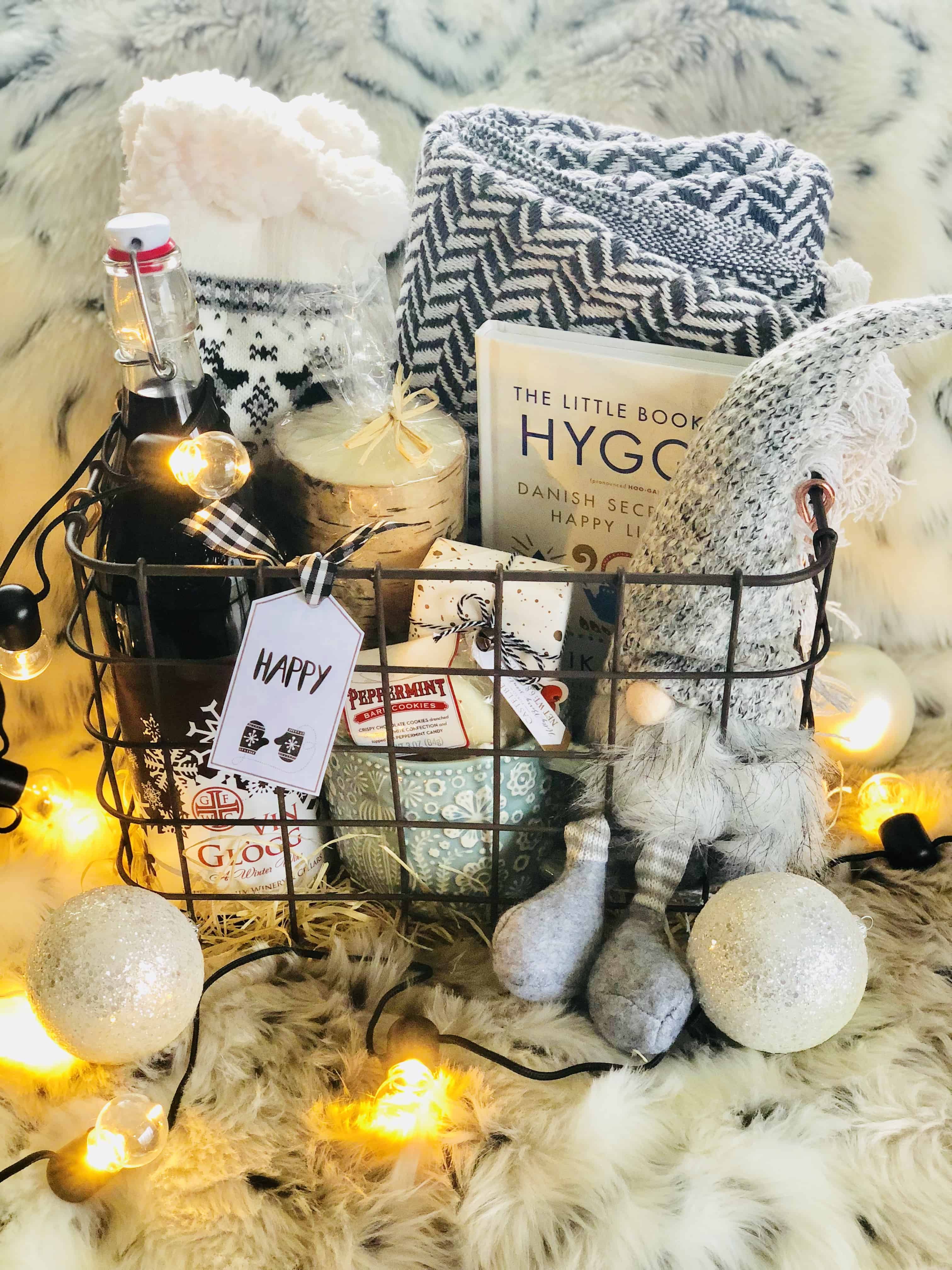

What is the most popular winter holiday?
+Christmas is the most widely observed winter holiday, celebrated by Christians around the world.
What is the significance of the winter solstice?
+The winter solstice marks the shortest day of the year and the beginning of the sun's journey back towards the equator.
How do people celebrate Kwanzaa?
+Kwanzaa is celebrated by lighting the kinara, exchanging gifts, and honoring African American culture and heritage.
As we celebrate the winter holiday season, let's remember to appreciate the diversity of traditions and customs that make this time of year so special. Whether you observe Christmas, Hanukkah, Kwanzaa, or another winter holiday, there's something for everyone to enjoy. So go ahead, deck the halls, and make merry – it's the most wonderful time of the year!











